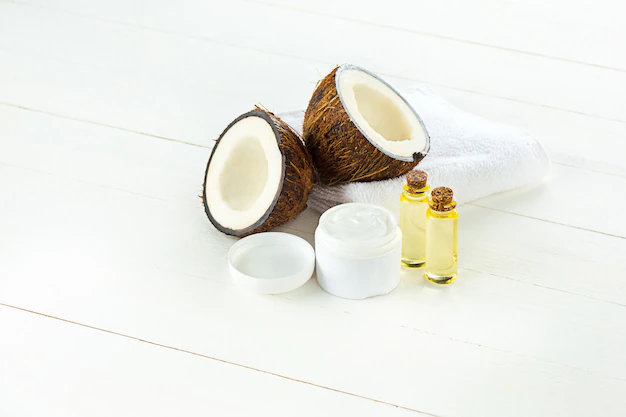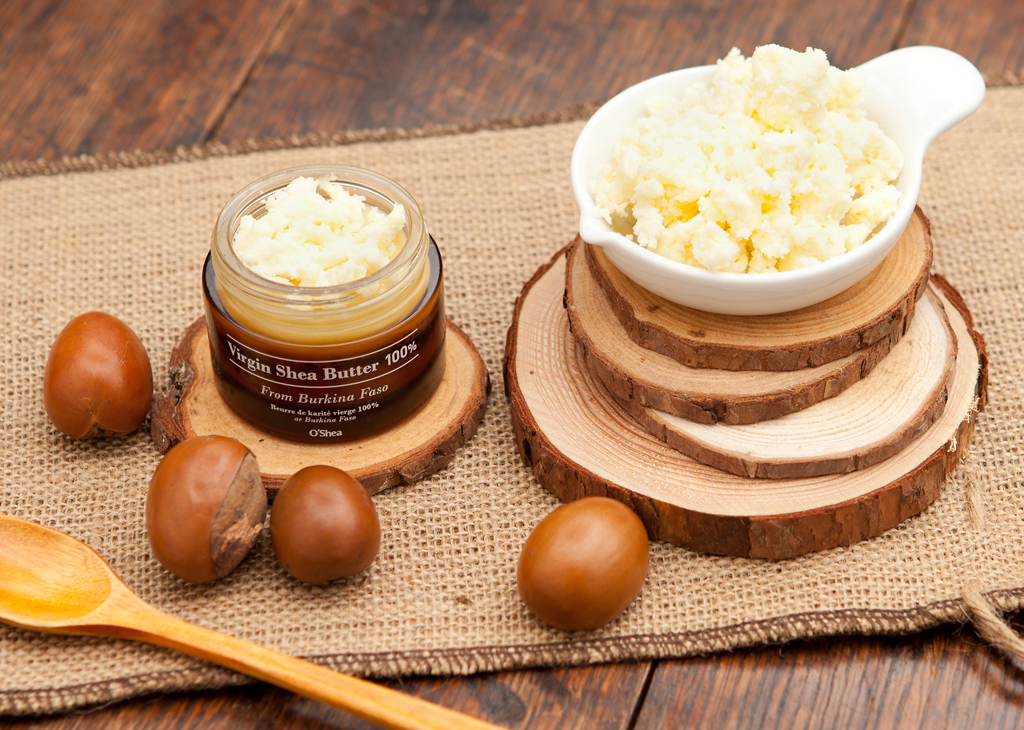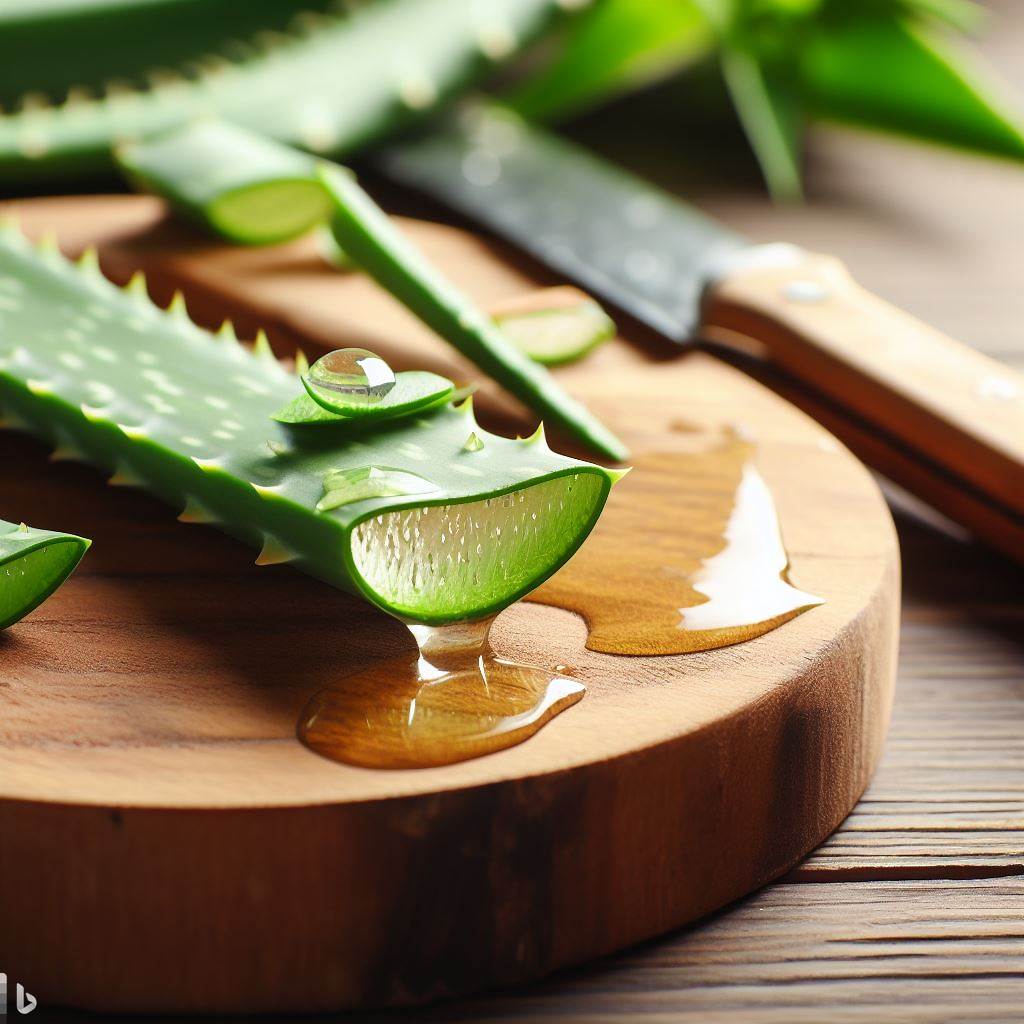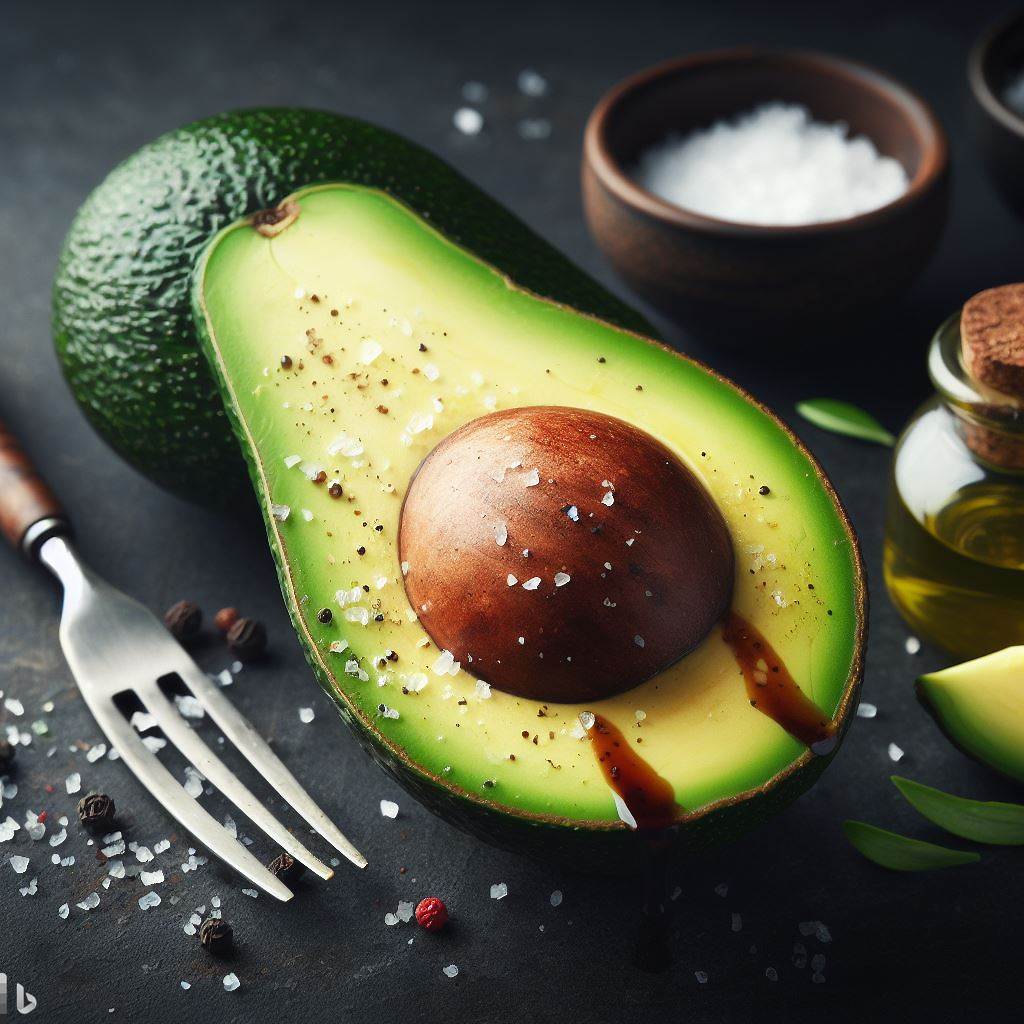Winter can be a tough time for your skin. The cold, dry air can strip your skin of its natural oils, leaving it feeling dry, itchy, and irritated. If you’re struggling with winter skin problems, don’t despair! There are a number of natural remedies that can help to soothe and heal your skin.
Here are a few of my favorite natural remedies for winter skin problems:
- Coconut oil
Coconut oil is a natural moisturizer that can help to hydrate and protect your skin from the cold, dry air. It is also rich in fatty acids, which help to keep your skin barrier strong and healthy. Coconut oil has anti-inflammatory properties, which can help to soothe irritated skin and reduce redness and inflammation.
To use coconut oil as a moisturizer, simply apply it directly to your skin after bathing or showering. You can also add a few tablespoons of coconut oil to your bath water for a luxurious and hydrating soak. Coconut oil can be used on all skin types, including dry, sensitive, and acne-prone skin.

Here are some of the benefits of using coconut oil for skin care:
- Hydrates and moisturizes the skin. Coconut oil is a rich source of fatty acids, which help to lock in moisture and keep the skin hydrated.
- Protects the skin barrier. Coconut oil helps to strengthen the skin barrier, which protects the skin from environmental damage and irritants.
- Soothes irritated skin. Coconut oil has anti-inflammatory properties, which can help to soothe irritated skin and reduce redness and inflammation.
- Reduces the appearance of acne. Coconut oil has antimicrobial properties, which can help to reduce the growth of acne bacteria. It is also non-comedogenic, meaning that it will not clog pores.
- Reduces the appearance of wrinkles and fine lines. Coconut oil is a good source of antioxidants, which can help to protect the skin from damage and reduce the appearance of wrinkles and fine lines.
Coconut oil is a versatile and affordable natural remedy for a variety of skin problems. It is safe and effective for all skin types, and it can be used in a variety of ways. If you are looking for a natural way to hydrate, protect, and soothe your skin, coconut oil is a great option.
- Shea Butter
Shea butter is a natural moisturizer that is rich in vitamins and fatty acids, including vitamin A, vitamin E, and stearic acid. It can help to hydrate and protect your skin, and it can also help to reduce the appearance of wrinkles and fine lines.
Shea butter is made from the nuts of the shea tree, which is native to West Africa. It has been used for centuries as a traditional remedy for a variety of skin problems. Shea butter is non-comedogenic, meaning that it will not clog pores. It is also safe and effective for all skin types, including sensitive skin.

Here are some of the benefits of using shea butter for skin care:
- Hydrates and moisturizes the skin. Shea butter is a rich source of fatty acids, which help to lock in moisture and keep the skin hydrated.
- Protects the skin barrier. Shea butter helps to strengthen the skin barrier, which protects the skin from environmental damage and irritants.
- Soothes irritated skin. Shea butter has anti-inflammatory properties, which can help to soothe irritated skin and reduce redness and inflammation.
- Reduces the appearance of wrinkles and fine lines. Shea butter is a good source of antioxidants, which can help to protect the skin from damage and reduce the appearance of wrinkles and fine lines.
- Heals wounds and scars. Shea butter can help to heal wounds and scars by promoting collagen production and reducing inflammation.
To use shea butter for skin care, simply apply it directly to your skin after bathing or showering. You can also use shea butter as a lip balm to soothe and protect your lips. Shea butter can also be added to your favorite lotions and creams to boost their moisturizing and healing properties.
Shea butter is a safe and effective natural remedy for a variety of skin problems. It is affordable and easy to find, making it a great option for anyone looking for a natural way to improve their skin health.
- Oatmeal Baths
Oatmeal baths are a great way to soothe and relieve dry, itchy skin. Oatmeal contains avenanthramides (a group of phenolic alkaloids that have only been reported in oats), which have anti-inflammatory and antioxidant properties. Oatmeal also helps to cleanse the skin without stripping it of its natural oils.
To take an oatmeal bath, simply add a cup of ground oatmeal to warm bath water. You can use colloidal oatmeal, which is a finely ground oatmeal that dissolves in water, or you can grind regular oatmeal in a blender or food processor. Soak in the oatmeal bath for 15-20 minutes, then rinse off with warm water.
Oatmeal baths are safe and effective for all skin types, including sensitive skin. They are especially beneficial for people with skin conditions such as eczema, psoriasis, and dry skin.

Here are some of the benefits of taking an oatmeal bath:
- Soothes and relieves dry, itchy skin
- Reduces inflammation
- Cleanses the skin without stripping it of its natural oils
- Helps to heal wounds and scars
- Protects the skin from environmental damage
- Promotes relaxation and stress relief
Oatmeal baths are a simple and affordable way to improve your skin health and well-being. Try one today and see the difference for yourself!
- Honey
Honey is a natural humectant, which means it helps to attract and retain moisture. It also has antibacterial and anti-inflammatory properties, making it a great natural remedy for a variety of skin problems.
Honey can be applied directly to the skin or used as a face mask. To apply honey directly to the skin, simply wash and dry your face, then apply a thin layer of honey to the affected area. Leave the honey on for 15-20 minutes, then rinse off with warm water.
To use honey as a face mask, mix equal parts honey and yogurt. Apply the mixture to your face and leave it on for 15-20 minutes. Rinse off with warm water.

Here are some of the benefits of using honey for skin care:
- Hydrates and moisturizes the skin
- Reduces the appearance of wrinkles and fine lines
- Soothes irritated skin
- Reduces inflammation
- Heals wounds and scars
- Fights acne and breakouts
- Evens out skin tone
- Reduces the appearance of hyperpigmentation
Honey is a safe and effective natural remedy for all skin types. It is especially beneficial for people with dry, sensitive, and acne-prone skin.
Here are some tips for using honey for skin care:
- Make sure to use raw honey, as processed honey has been stripped of its beneficial properties.
- Do a patch test on a small area of your skin before using honey on your entire face, especially if you have sensitive skin.
- If you are using honey for acne, apply it to the affected area twice a day.
- If you are using honey as a face mask, use it once or twice a week.
Honey is a versatile and affordable natural remedy for a variety of skin problems. It is safe and effective for all skin types, and it can be used in a variety of ways. Try honey for your skin today and see the difference for yourself!
- Aloe vera
Aloe vera gel is a natural moisturizer that can help to soothe and heal irritated skin. It also has anti-inflammatory and antibacterial properties, making it a great natural remedy for a variety of skin problems.
Aloe vera gel is made from the leaves of the aloe vera plant. It is a clear, thick gel that contains a variety of nutrients, including vitamins, minerals, and antioxidants. Aloe vera gel has been used for centuries for its medicinal properties. It is used to treat a variety of skin conditions, including:
- Sunburn
- Eczema
- Psoriasis
- Acne
- Dry skin
- Cuts and scrapes
- Burns
Aloe vera gel can be applied directly to the skin or used as a lip balm. To apply aloe vera gel to your skin, simply wash and dry the affected area, then apply a thin layer of gel. You can reapply the gel as needed.

Here are some of the benefits of using aloe vera gel for skin care:
- Hydrates and moisturizes the skin
- Soothes irritated skin
- Reduces inflammation
- Heals wounds and scars
- Fights acne and breakouts
- Reduces the appearance of wrinkles and fine lines
- Evens out skin tone
- Reduces the appearance of hyperpigmentation
Aloe vera gel is a safe and effective natural remedy for all skin types. It is especially beneficial for people with dry, sensitive, and acne-prone skin.
Here are some tips for using aloe vera gel for skin care:
- Use fresh aloe vera gel whenever possible. Fresh aloe vera gel is more potent and effective than store-bought aloe vera gel.
- If you are using store-bought aloe vera gel, make sure it is pure aloe vera gel without any added ingredients.
- Apply aloe vera gel to your skin after bathing or showering to trap moisture.
- You can also use aloe vera gel as a night cream. Apply a thin layer of gel to your face before bed and leave it on overnight.
- Aloe vera gel can also be used to soothe and protect your lips. Apply a thin layer of gel to your lips throughout the day.
Aloe vera gel is a versatile and affordable natural remedy for a variety of skin problems. It is safe and effective for all skin types, and it can be used in a variety of ways. Try aloe vera gel for your skin today and see the difference for yourself!
Here are some more natural remedies and their benefits for skin care:
- Avocado:

- Avocados are rich in vitamins and fatty acids that can nourish and moisturize the skin. They also have anti-inflammatory properties, which can help to soothe irritated skin. To use avocado for skin care, mash half an avocado and apply it to your face for 15-20 minutes. Rinse off with warm water.
- Bananas:

- Bananas are another good source of vitamins and minerals that can benefit the skin. They also contain an enzyme called bromelain, which has anti-inflammatory and exfoliating properties. To use banana for skin care, mash a ripe banana and apply it to your face for 15-20 minutes. Rinse off with warm water.
- Cucumber:

- Cucumbers are high in water content and have cooling properties, making them ideal for soothing irritated skin. They also contain vitamins and minerals that can nourish the skin. To use cucumber for skin care, slice a cucumber and place the slices on your face for 15-20 minutes. Rinse off with cool water.
- Green tea:

- Green tea is rich in antioxidants that can help to protect the skin from damage. It also has anti-inflammatory and antibacterial properties. To use green tea for skin care, brew a cup of green tea and let it cool. Soak a cotton ball in the tea and apply it to your face. You can also add green tea leaves to your bath water to soothe irritated skin.
- Turmeric:

- Turmeric is a spice that has anti-inflammatory and antioxidant properties. It can help to reduce the appearance of blemishes, dark spots, and wrinkles. To use turmeric for skin care, mix a teaspoon of turmeric powder with a tablespoon of yogurt or honey. Apply the mixture to your face for 15-20 minutes. Rinse off with warm water.
Conclusion
Winter can be tough on your skin, but there are many natural remedies that can help to keep it healthy and hydrated. Some of the most effective natural remedies for winter skin problems include:
- Moisturize regularly. Use a thick, creamy moisturizer that contains humectants, such as hyaluronic acid or glycerin, to help your skin attract and retain moisture. Apply moisturizer at least twice a day, or more often if your skin is very dry.
- Avoid hot showers and baths. Hot water can strip your skin of its natural oils, leaving it dry and irritated. Instead, opt for warm showers and baths, and limit your time in the water to 10-15 minutes at a time.
- Use a humidifier. A humidifier can add moisture to the air in your home, which can help to prevent dry skin. This is especially important in the winter, when indoor air can be very dry.
- Drink plenty of water. Staying hydrated is important for overall health, but it’s especially important for skin health. Aim to drink at least eight glasses of water per day.
- Eat a healthy diet. Eating a healthy diet that is rich in fruits, vegetables, and whole grains can help to keep your skin healthy and hydrated. These foods are packed with vitamins, minerals, and antioxidants that are essential for skin health.
In addition to these general tips, there are also a number of specific natural remedies that you can use to treat specific winter skin problems. For example:
- For dry, cracked hands and feet: Apply a thick layer of petroleum jelly or beeswax ointment to your hands and feet before bed. This will help to seal in moisture and prevent further cracking.
- For chapped lips: Use a natural lip balm that contains ingredients such as shea butter, cocoa butter, or beeswax. Avoid lip balms that contain artificial ingredients or fragrances, as these can irritate your lips.
- For eczema: Apply a mixture of equal parts olive oil and honey to your eczema-prone skin. This will help to soothe and moisturize your skin.
- For psoriasis: Apply a mixture of equal parts oatmeal and yogurt to your psoriasis-prone skin. This will help to exfoliate dead skin cells and reduce inflammation.
If you have any concerns about your winter skin problems, be sure to see a dermatologist. They can help you to develop a treatment plan that is right for you.
Read more articles about Health and Hygiene:-